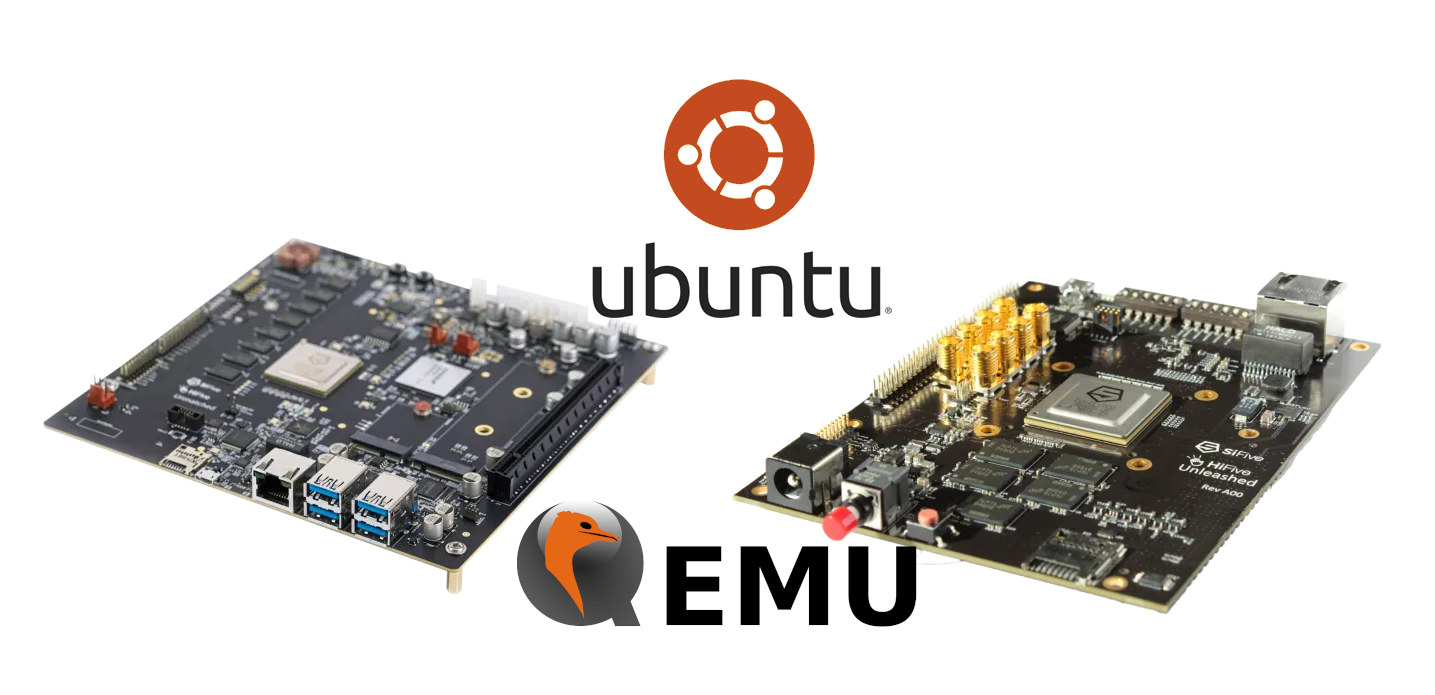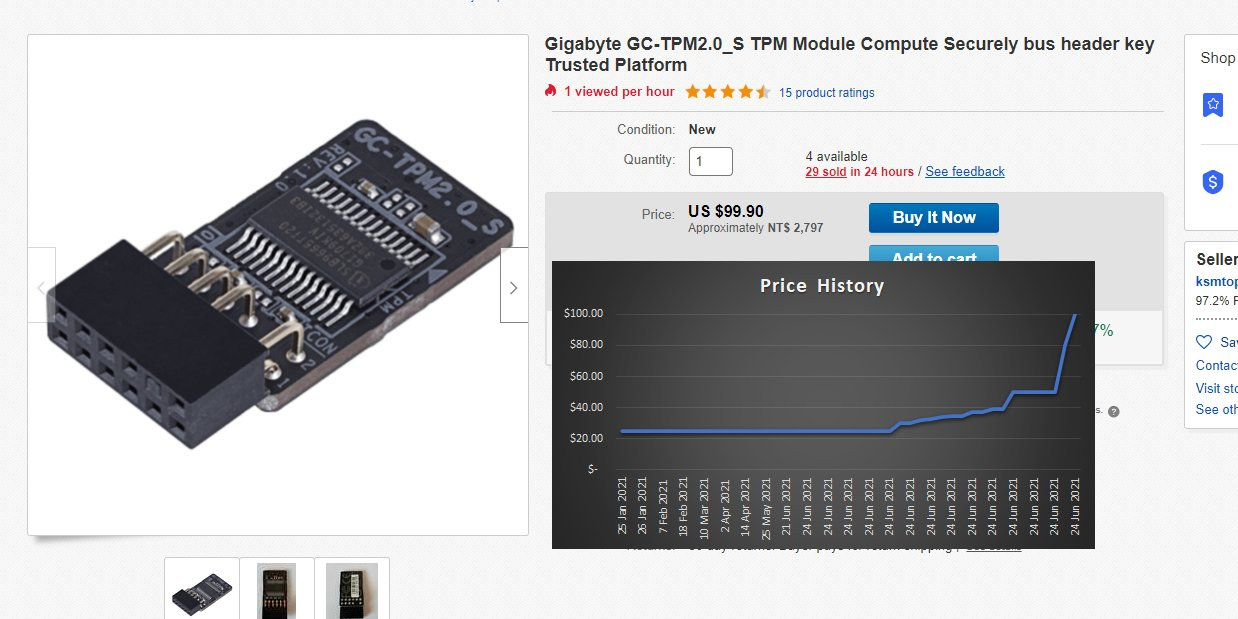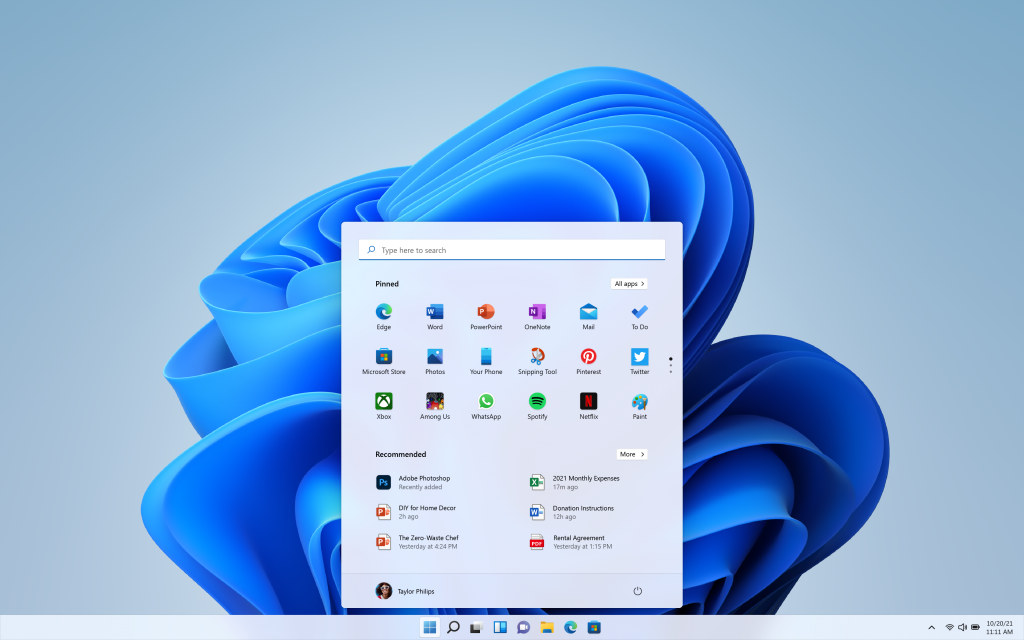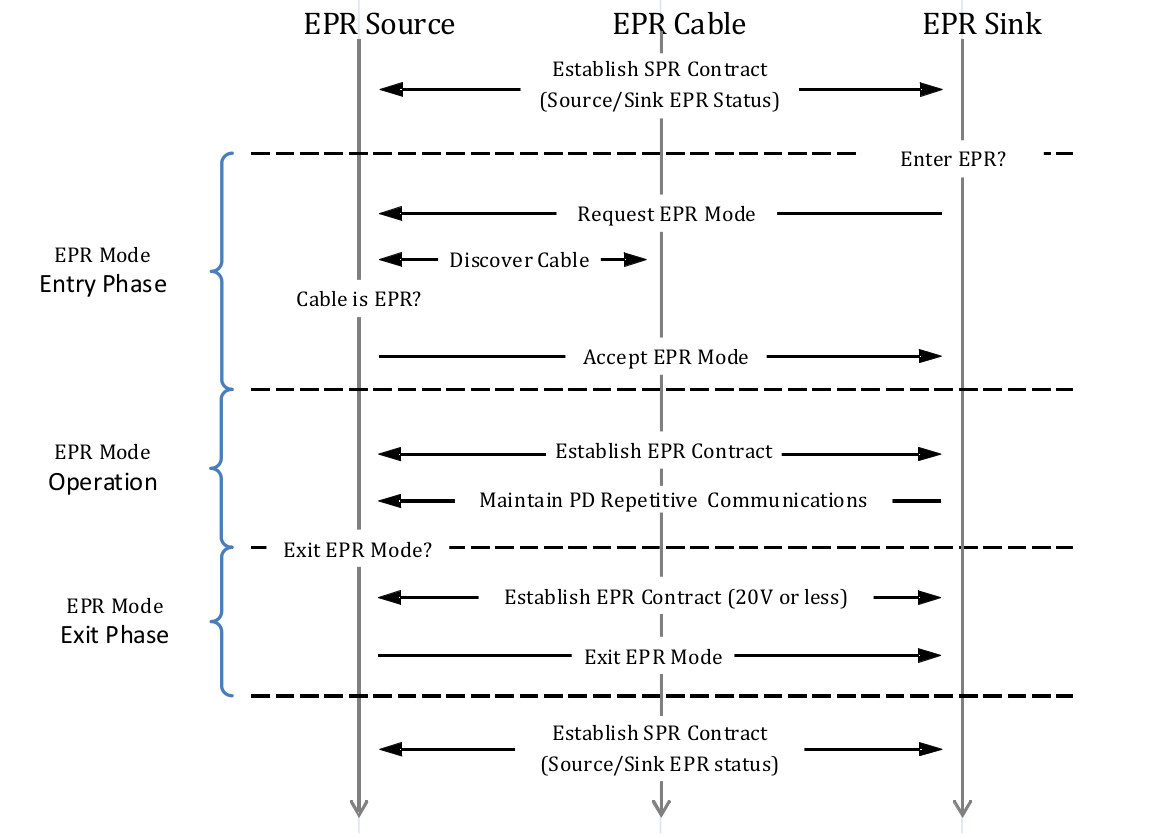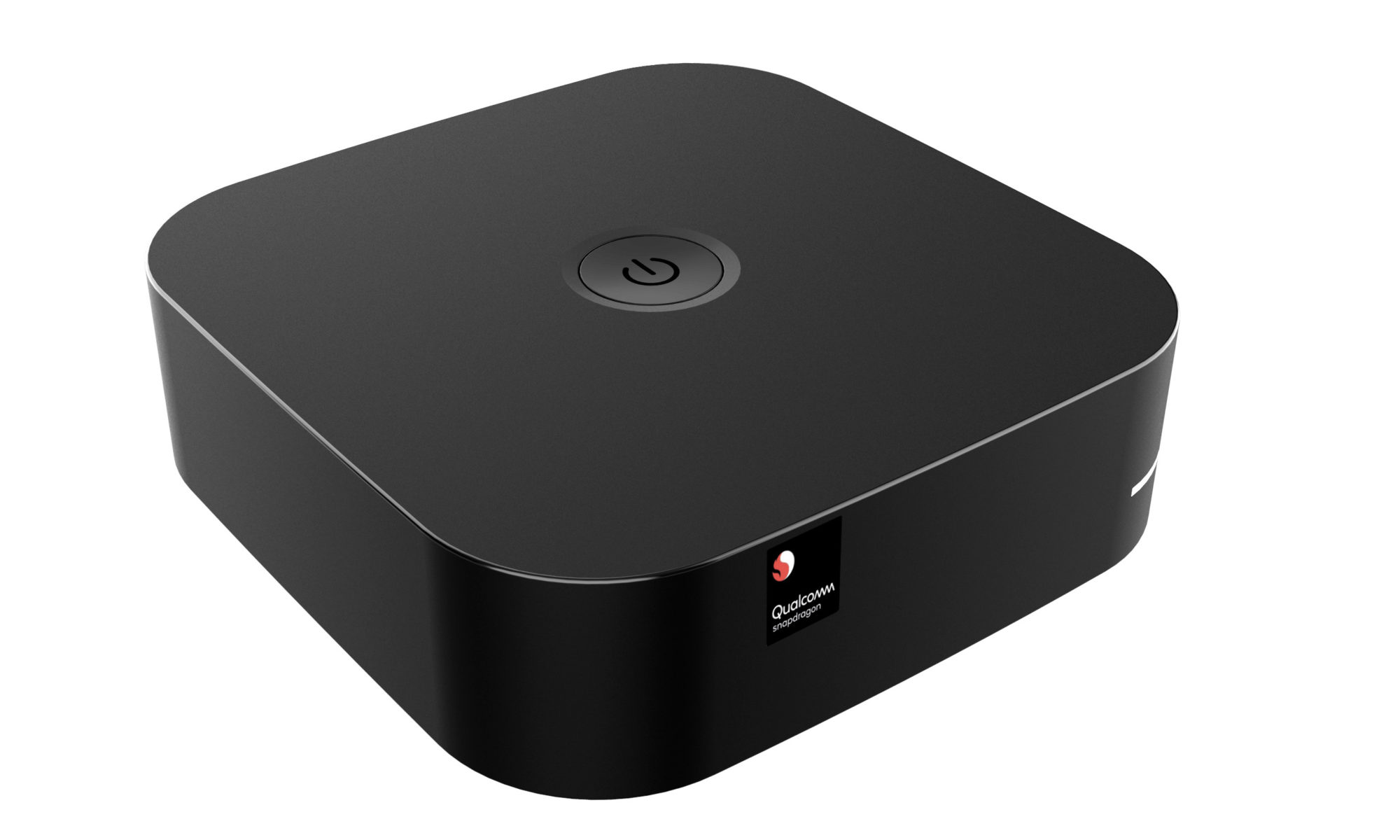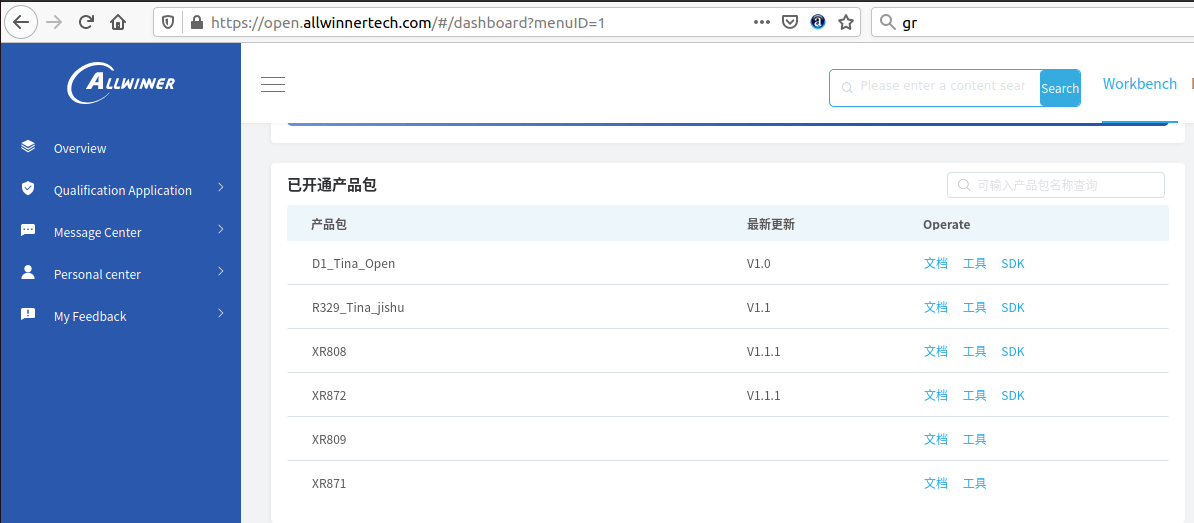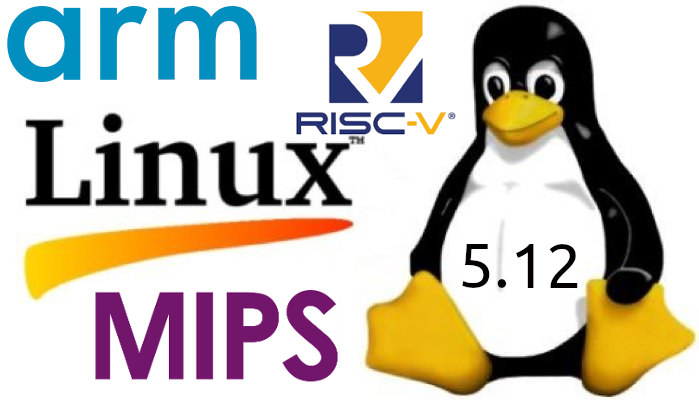Ubuntu 20.04/21.04 64-bit RISC-V released for QEMU, HiFive boards
Let’s a lot of excitement around RISC-V open architecture, but a lot of work still needs to be done to bring the ecosystem to level with Arm or x86 architecture from the silicon to the software. Progress is made step-by-step and one of these steps is Canonical released Ubuntu 64-bit RISC-V (RISCV64) images for some of SiFive HiFive boards, as well as QEMU open-source emulator. Specifically, Canonical released an Ubuntu 20.04.2 LTS image for HiFive Unleashed & QEMU, and an Ubuntu 21.04 image for HiFive Unleashed, HiFive Unmatched, and QEMU. Note those are only server images, and there’s no desktop image yet like for Ubuntu 21.04 on Raspberry Pi 2/3/4. It’s been possible to run RISC-V Linux in QEMU for at least three years, but when I tried it was a minimal system based on Busybox, so let’s try again with Ubuntu 21.04 following the instructions provided on Discourse. I […]


